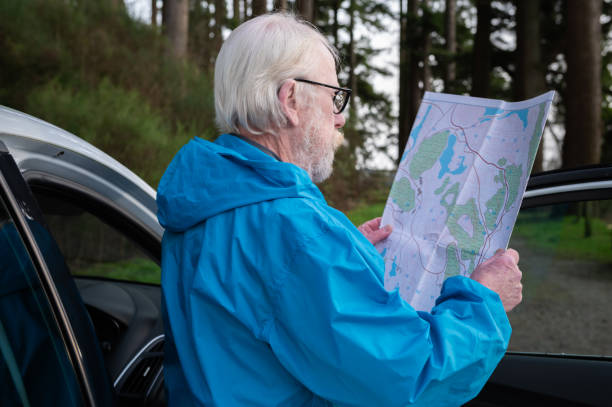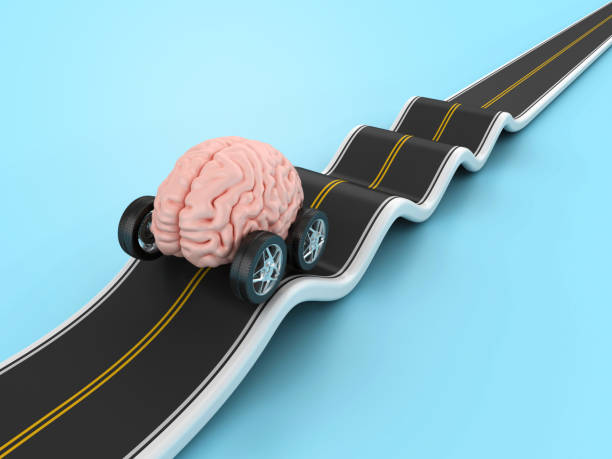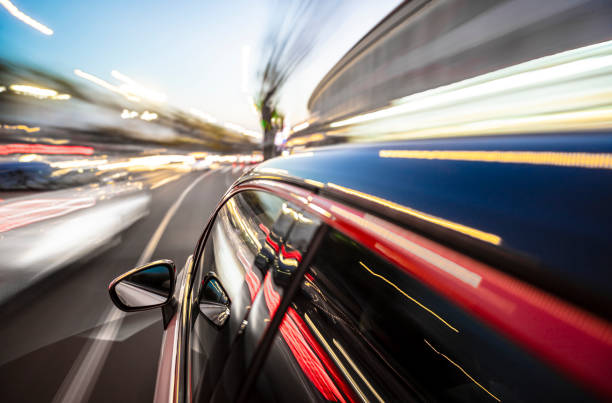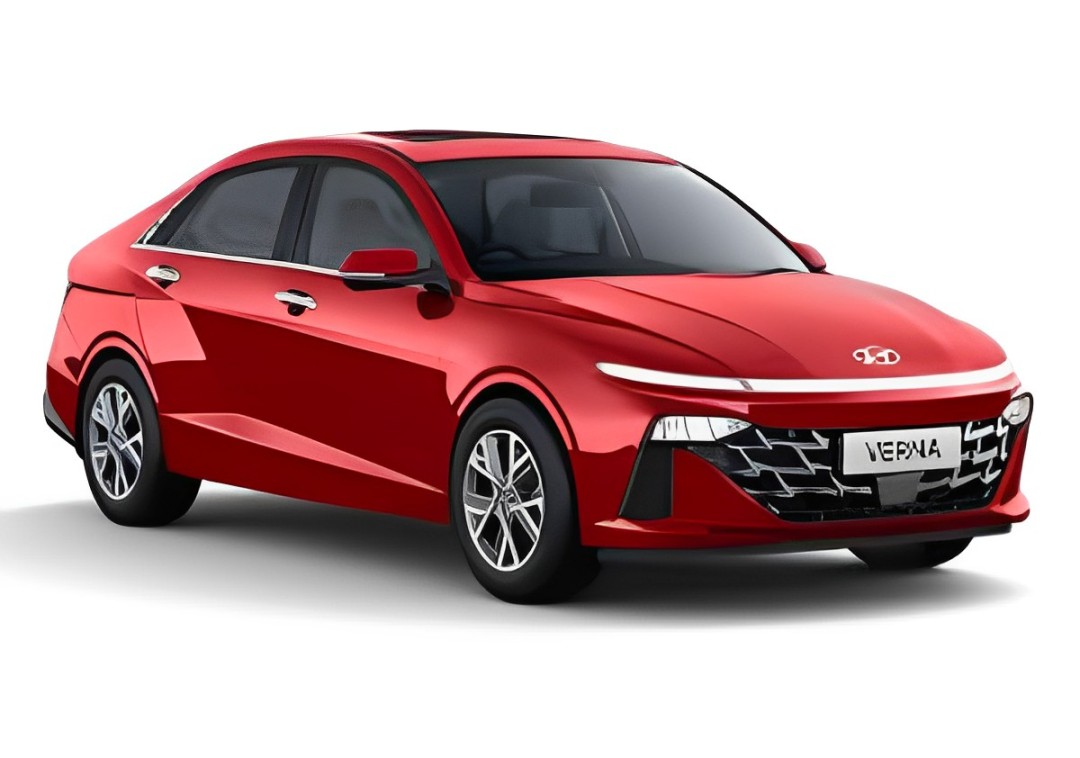The choice of car color extends beyond aesthetics; it plays a significant role in shaping our emotional responses and perceptions. Join us on a fascinating journey into the psychology of car colors, unravelling the impact each hue has on our driving experience.
Also Read: Top 10 Must-Have Car Accessories in 2024
Experts’ Take on Car Color Psychology
Let’s see what experts have to say on car color psychology.
1. Karen Haller, Applied Car Psychology Specialist
Believes that colour influences our moods, behaviours, and emotions. Indicates that car colour choices can affect how others perceive us and how we feel about ourselves.
2. Nancy Lockhart, Colour Expert at Axalta Coating Systems
Suggests that colour can evoke emotions and influence decision-making. Highlights the importance of choosing a car colour that reflects personal style and values.
3. Dr Anna Franklin, a Car Psychology Researcher
Claims that cultural, social, and personal factors influence car colour preferences. States that colour can influence perception, but the effect is not fixed and can vary from person to person.
4. Angela Wright, a Colour Psychologist
Believes that each colour has psychological value and can evoke certain emotions and responses. Emphasises the importance of taking context and individual differences into account when interpreting the effects of the psychology of car colors.
5. Dr David Lewis, a neuropsychologist
Believes that colour can have subtle but significant effects on human behaviour and emotions. Suggests that psychology of car colors can be used strategically in marketing and branding to influence consumer perceptions.
Experts in the field of automotive psychology of car colors and research highlight that the psychology of car colors can have a significant impact on our emotions, behaviour, and decision-making processes.
The Psychology of Car Colors and Preferences

Car colour preferences are influenced by various factors, but understanding the psychological impact of colours can help you make decisions that reflect your style and values.
1.) Personal preferences:
- Colour associations: Individuals may choose a car colour based on personal associations, such as a favourite colour or a colour that evokes positive emotions.
- Personality traits: Personality can influence car colour choice. For example, extroverts prefer bold, attention-grabbing colours.
- Past experiences: Previous experiences with a particular car colour, such as positive memories and associations, can influence colour preferences.
2.) Cultural Influences:
- Symbolism: Colours have different meanings in different cultures. For example, white symbolises purity in Western cultures but is associated with sadness in some Asian cultures.
- Traditions: Cultural traditions and norms can influence colour choices. For example, certain colours are preferred for weddings and religious ceremonies.
- Fashion and Trends: Fashion and design trends can influence colour choices, as people can be influenced by popular colours in clothing and interior design.
3.) Practical Considerations:

Climate: In hot climates, lighter colours may be preferable because they reflect sunlight and keep the interior cooler.
Care: Some colours may be chosen for practical reasons, such as hiding dirt and scratches better than others.
Resale Value: Resale value considerations may influence colour choice, as some colours may be more popular or timeless than others.
4.) Psychological Factors:
- Emotional Impact: Colours have psychological effects and can affect moods and emotions. Some colours are chosen for their calming effect, while others are chosen to be invigorating.
- Self-Expression: Car colour choices can be a form of self-expression, allowing people to express their personality and mood through the colour of their car.
- Lifestyle: Lifestyle is an outward expression of an individual’s interests and daily life and is an important factor influencing car colour choices. An active person who loves outdoor adventures may choose greens and browns, colours that resonate with nature and rugged terrain. Meanwhile, city dwellers may be drawn to metallic hues such as silver and graphite, which reflect the modern and elegant aesthetic of the urban landscape.
Such preferences highlight that a car’s colour is an extension of an individual’s lifestyle.
5.) Personality Traits:
A person’s choice of car colour can also be a window into their personality traits. People who are attracted to bright colours such as red and orange are often perceived as sociable, dynamic and adventurous. In contrast, those who prefer pastel tones may be perceived as calm, approachable and caring. Those who opt for neutral hues such as black, white and grey are seen as practical, professional and functionality-oriented.
These relationships between colour preferences and personality traits highlight that the colours we choose deeply reflect our inner self.
6.) Age:
Age plays an important role in colour choices, as it reflects different tastes and priorities at different stages of life. Younger drivers who want to stand out may choose bold colours such as blue or yellow to accentuate their youthful spirit and optimism.
These choices highlight the changing preferences of people as they navigate different chapters in life.
7.) Gender:

Studies point out an interesting relationship between gender and psychology of car color preferences. Men typically choose bolder colours such as black, which symbolises power and elegance, and red, which evokes energy and passion. Women, on the other hand, are often drawn to lighter shades such as silver, which symbolises simple elegance, and white, which evokes purity and simplicity.
These trends highlight social influences and perhaps innate tendencies towards certain colours.
Red: Passion and Energy
- Red is associated with passion, energy, and a sense of urgency as per the psychology of car colors.
- It can evoke feelings of excitement and intensity, making red cars stand out on the road.
Blue: Calm and Serenity
- Blue is often linked to calmness, serenity, and a sense of reliability.
- Lighter shades of blue may convey a more tranquil vibe, while darker blues suggest sophistication.
Black: Elegance and Power
- Black exudes elegance, sophistication, and a sense of power as per the psychology of car colors.
- Many luxury vehicles are adorned in black to convey a timeless and prestigious image.
White: Purity and Simplicity
- White represents purity, simplicity, and a clean aesthetic.
- White cars often symbolize a modern and fresh appearance.
Silver: Futuristic and Technological
- Silver is associated with modernity, technology, and a futuristic vibe.
- It reflects a sleek and high-tech image on the road.
Green: Nature and Harmony
- Green is linked to nature, growth, and a sense of harmony.
- Lighter greens may evoke a fresh and eco-friendly image.
Yellow: Optimism and Energy
- Yellow is associated with optimism, energy, and a vibrant personality.
- It can convey a sense of positivity on the road.
Gray: Neutral and Timeless
- Gray is often chosen for its neutrality and timeless appeal.
- It provides a classic and understated look
Orange: Creativity and Enthusiasm
Also Read: 17 Cheapest & Automatic CVT Cars in India

- Orange is linked to creativity, enthusiasm, and a sense of adventure.
- It stands out and captures attention on the road.
Brown: Earthiness and Stability
- Brown represents earthiness, stability, and a down-to-earth personality as per the psychology of car colors.
- It can convey a sense of reliability and practicality.
Purple: Luxury and Individuality
- Purple is associated with luxury, individuality, and a touch of sophistication.
- It’s a less common color, making it stand out in a crowd.
Beige: Timeless and Subtle
- Beige is chosen for its timeless and subtle appearance as per the psychology of car colors.
- It provides a classic and refined look on the road.
Multi-Color: Playfulness and Expression
- Multi-colored cars convey a playful and expressive personality.
- They stand out as unique and eye-catching
Conclusion: The Behind the Wheel: The Psychology of Car Colors
The color of your car serves as a powerful expression of your personality and influences the emotions you evoke on the road. Whether you prefer the timeless elegance of black, the vibrant energy of red, or the calming serenity of blue, understanding the psychology of car colors adds a new layer of meaning to your driving experience. As you navigate the roads, consider the emotional palette your car brings to the world, making each journey a reflection of your personal style and emotional expression.
Read Also:

